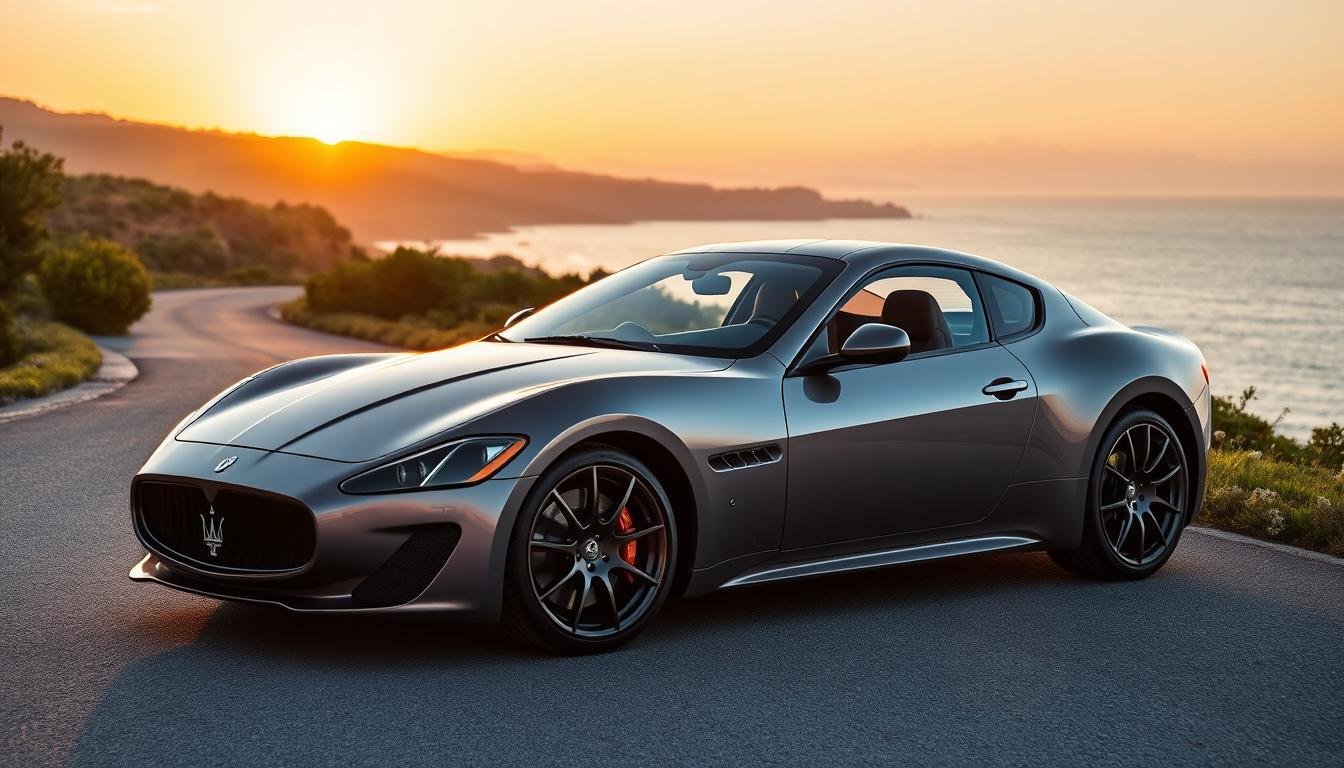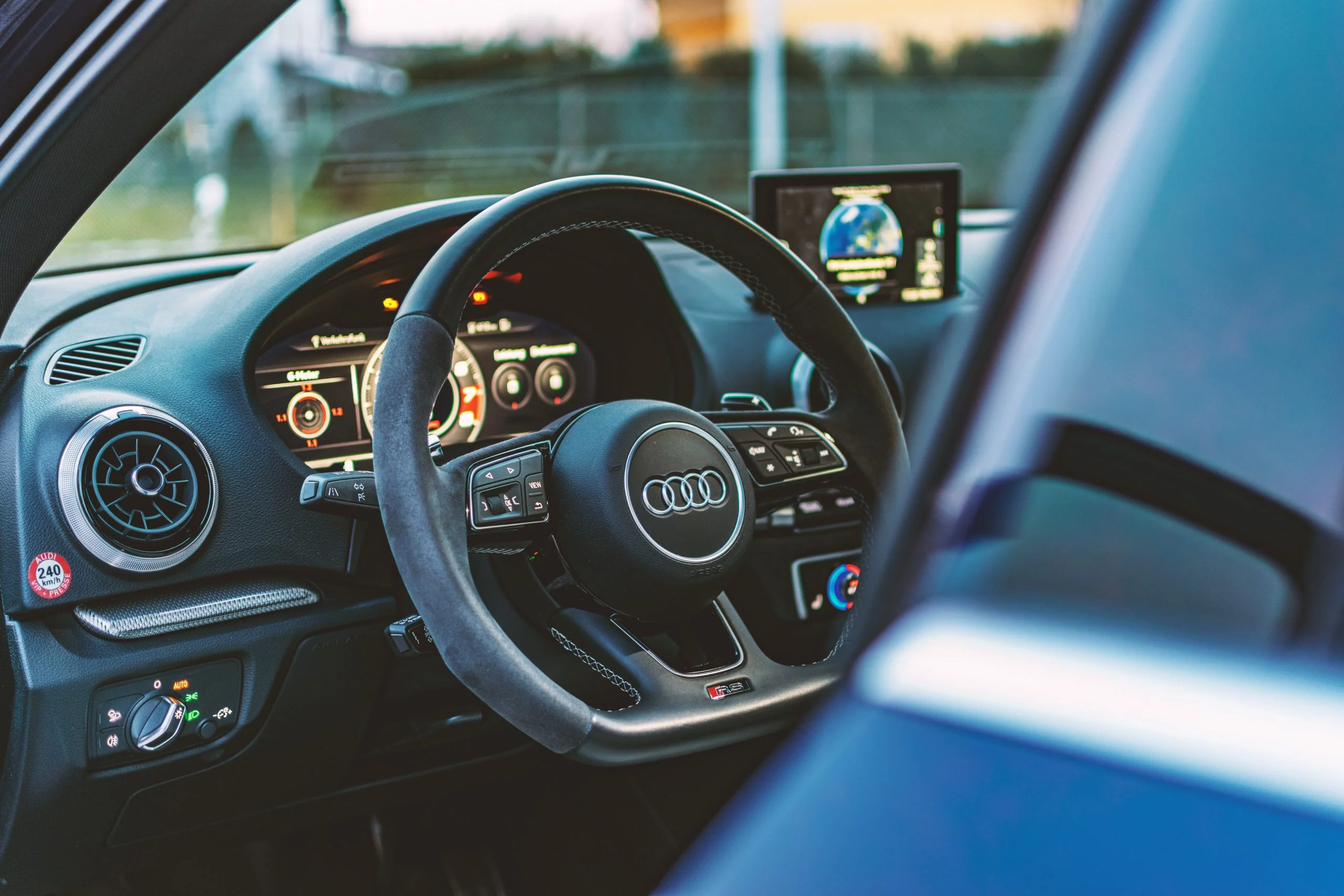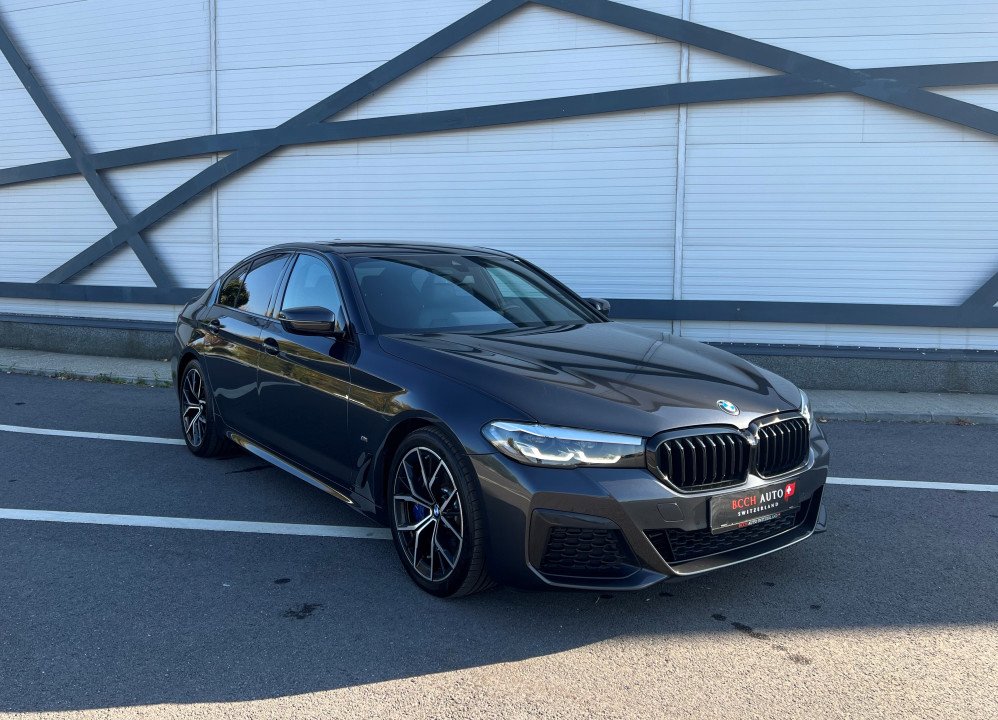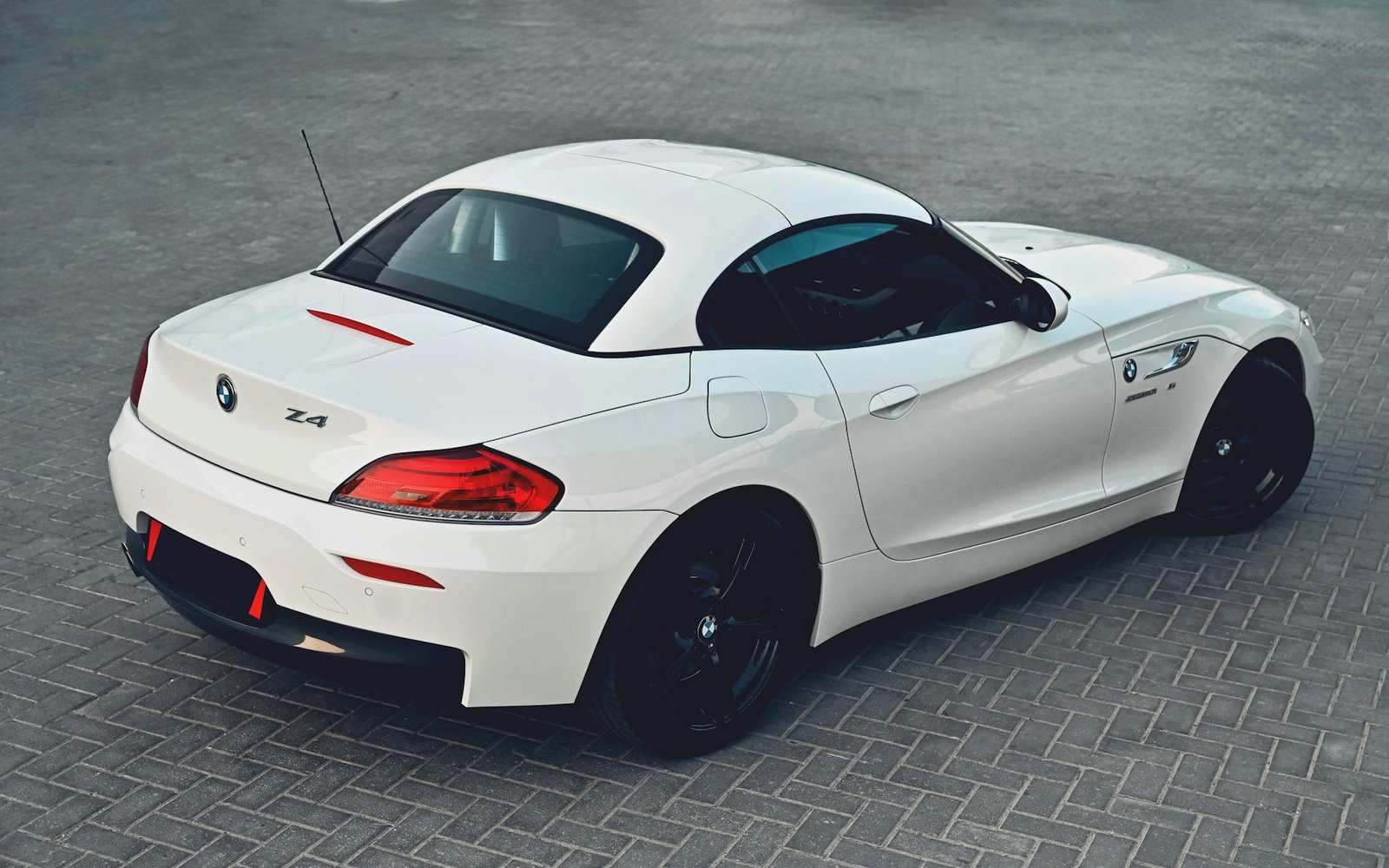When talking about luxury cars, two names often come to mind: BMW vs. Mercedes-Benz. These automotive giants have been fighting for the top spot in the luxury segment for decades, and each brand offers a unique blend of style, performance and technology. But which is really the best? Here is a brief history of the two brands:
BMW versus Mercedes-Benz
Founded in 1916, BMW (Bayerische Motoren Werke) began as a manufacturer of aircraft engines before moving into the automotive and motorcycle industries. Today, BMW is known for its luxurious sedans, sporty coupes and agile SUVs, all with the iconic blue and white logo. The core philosophy of the brand revolves around providing the “Ultimate Driving Machine” experience.
Mercedes-Benz, a division of Daimler AG, traces its roots to the late 19th century, when Gottlieb Daimler and Carl Benz independently developed the world’s first gasoline-powered automobiles. The brand, synonymous with luxury and innovation, has a diverse range of vehicles, including sedans, coupes, SUVs and commercial vehicles.

Exterior design
BMW vs. Mercedes-Benz: Both have distinct design languages that differentiate them. BMW vehicles often feature aggressive lines and a prominent grille, while Mercedes-Benz, on the other hand, boasts a more elegant and timeless design with smooth curves and a large three-pointed star logo.
Interior design
BMW vs. Mercedes-Benz: Both brands are known for luxurious interiors with high-quality materials, and BMW tends to focus on driver-oriented layouts, while Mercedes-Benz leans more toward opulence and comfort. However, personal preferences and specific models will ultimately determine which interior design you find most appealing.
engines
Both BMW and Mercedes-Benz offer an impressive range of engines, from fuel-efficient four-cylinder engines to powerful V8s and even high-performance AMG and M models. Although it is difficult to decide a winner in BMW vs. Mercedes-Benz, BMW is often praised for its naturally aspirated straight-six engines, while Mercedes-Benz is renowned for its powerful and refined V8s.
driveability
BMW has a reputation for building vehicles with exceptional handling and driving dynamics, living up to its motto “Ultimate Driving Machine”. Mercedes-Benz, while still offering excellent handling, tends to favor driving comfort over sportiness. However, the high-performance divisions of both brands, BMW M and Mercedes-AMG, offer engaging driving experiences.
Infotainment
BMW vs. Mercedes-Benz: Both automakers offer cutting-edge infotainment systems with easy-to-use interfaces, smartphone integration and voice commands. BMW’s iDrive system and Mercedes-Benz’s MBUX are constantly evolving, so the best choice often comes down to personal preference and familiarity.
Safety
BMW vs. Mercedes-Benz – are leaders in automotive safety, equipping their vehicles with advanced driver assistance systems like adaptive cruise control, lane departure warning, and automatic emergency braking, and both brands consistently receive ratings maximum safety standards from organizations such as Euro NCAP.
Comfort
When it comes to luxury and comfort in the BMW Vs. Mercedes-Benz, both manufacturers excel in offering a great driving experience. However, the Mercedes-Benz has a slight edge in overall comfort, offering features like massaging seats, air suspension and advanced soundproofing. While such features are not lacking at BMW, the goal is to provide a more engaging driving experience, which can translate into a slightly more stable ride.
Reliability and maintenance
These are essential factors for luxury car buyers. From a historical point of view in BMW vs. Mercedes-Benz are both well known for the quality of the cars they produce and their reliability. Maintenance costs can be high for both brands compared to non-premium ones, but the value for money is good.
The impact on the environment
As emissions regulations become more stringent, both BMW and Mercedes-Benz have invested in technologies to reduce the environmental impact of their vehicles. Both offer a range of fuel-efficient models, including hybrid and plug-in hybrid variants.
Electrification in the world of luxury cars
Both BMW and Mercedes-Benz are making great strides in electrification, with BMW’s i series and Mercedes-Benz’s EQ range demonstrating their commitment to a sustainable future. As the electric vehicle market continues to grow, both brands will likely further expand their electric offerings.
Prices
BMW vs Mercedes-Benz: The initial purchase price can be similar, depending on the models compared. Therefore, making the best decision is limited to your preferences and allocated budget. Resale value is another essential consideration, as luxury vehicles often experience significant depreciation. Historically, both BMW and Mercedes-Benz have demonstrated relatively high resale values, with some models and configurations holding their value better than others.
Latest Posts

How to Buy Luxury Cars with Bitcoin

Everything you need to know about Maserati

Is a Lexus GX worth buying?

All about the 718 Cayman Style

choose the ideal car for your needs

What are the most reliable SUVs you can buy in 2024?

5G technology on Audi models from 2024

BMW 5 Series & M5 — History, Generations & Models

Prettiest BMW convertible ever? – BMW 3-Series


